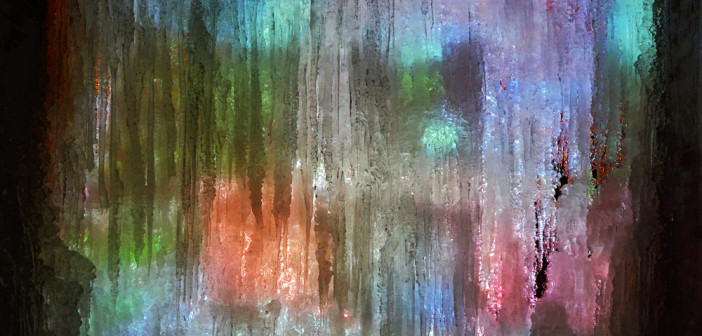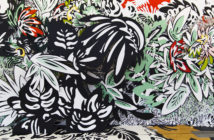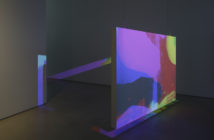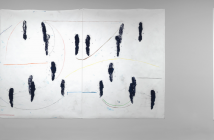Of course, many of the photographic specialists reading this will think that this idea sounds silly. The camera and film's blunt compliance to the lens may generate a visual truth, but the photograph does not need to be true to be a photograph. The photograph isn't the camera, and the truth that the photograph tells does not need to be realistic. For years photographs have both been manipulated to obscure truth and accurately captured things that are beyond recognition. Just look to the glass slides created by Luther Price, the prints of Carlos Jiménez Cahua, or the installations of Bahar Yurukoglu.
There are a few shows up currently discussing a few variations of these arguements. Faking It: Manipulated Photography Before Photoshop at the Met, Seeing is Believing: A History of Photography at Harvard, and second nature: abstract photography then and now at the deCordova are just three. Evan Smith will explore the deCordova's show in this month's journal, looking at how Lexi Lee Sullivan tackles the partnership between reality and abstraction in photography.
Sullivan skips the question of if the photograph is faked or real, but instead focuses (pun intended) on abstraction: the tendency of some photographers to resist showing an orderly or pictorial likeness of things. These photographers instead set out to find the space outside of traditional photography, capturing images of unrecognizable or interrupted reality.




